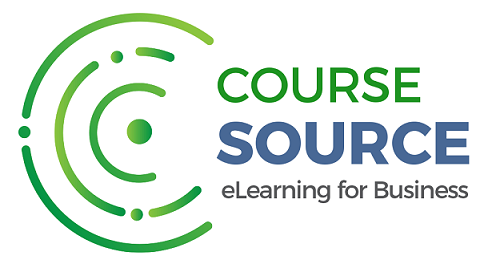Effective Sustainability Communications

Overview
Welcome to Audio Learning from Assemble You.
Many companies strive to be more environmentally and socially responsible by integrating sustainability into their strategies and operations. Effective communication of sustainability practices and goals to stakeholders is paramount. It’s crucial to inform and actively involve your stakeholders - including customers, employees, shareholders, suppliers, regulators, and local communities. The effective communication of sustainability practices and goals to stakeholders helps to grow trust, enhance reputation, and create value for everyone involved, including the company itself.
Today, we will delve deeper into the well-established benefits of optimising your sustainability communications and share some tips for leaders on how best to go about this.
So, what exactly is sustainability in a business context? The UN defines sustainability as “the practice of meeting the needs of the present without compromising the ability of future generations to meet their own needs.” Businesses must become more environmentally friendly and ethical to make their practices viable and resilient over the long term. Common sustainability practices include reducing carbon emissions, conserving resources, promoting social equity and fostering innovation. These goals are also referred to in consolidated form as an environment, social and governance (ESG) strategy, which is no longer just a “nice-to-have”. Rather, it is now an integral part of how businesses operate and something that stakeholders expect.
Learning Objectives
- Identify how to inform and involve your stakeholders
- Discover the benefits of optimising your sustainability communications
- Examine the importance of transparency and accountability
Target Audience
Professionals who want to learn how to communicate effectively about sustainability.
